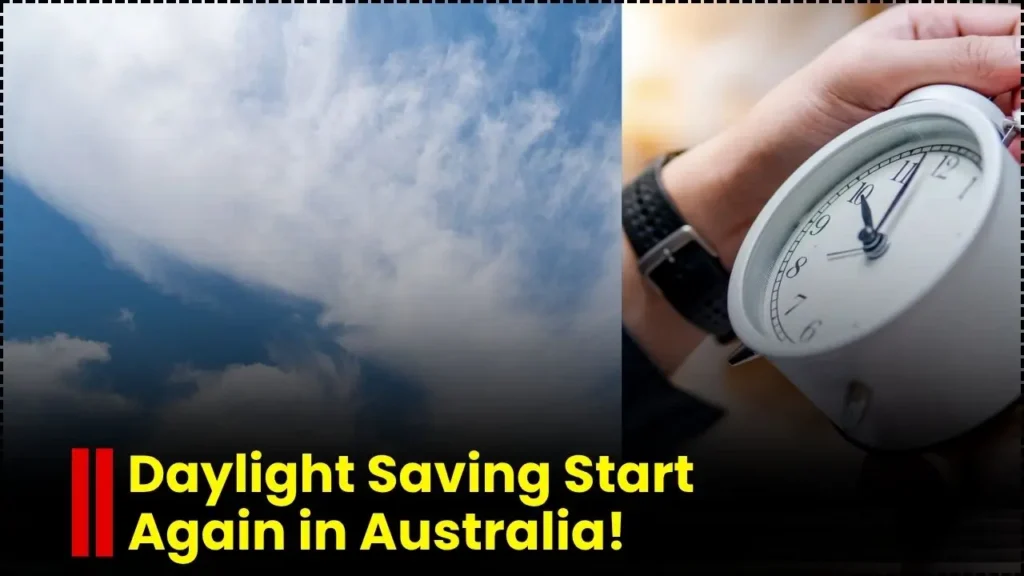The recent revelation that more than 300,000 Australians had their Centrelink payments cancelled has left many shocked and concerned. For countless families and individuals, Centrelink is a vital source of income that helps cover essential needs like food, rent, and medical care. Suddenly losing this support, especially due to an administrative error, can be nothing short of devastating.
What makes this issue more troubling is that these Centrelink payments cancelled were not the result of fraud or policy breaches, but rather due to failures in the automated systems used to assess eligibility. These wrong decisions affected pensioners, single parents, job seekers, and others who depend on these payments to survive. In this article, we will break down what happened, who is affected, what the government is doing about it, and how things can change moving forward.
Centrelink Payments Cancelled: The Truth Behind the Numbers
The cancellation of Centrelink payments for over 300,000 Australians is one of the most serious welfare system failures in recent history. At the heart of the problem was an automated compliance process that flagged and cut payments without proper human review or clear communication with the recipients. This led to thousands of people being cut off from income they legally qualified for, often without warning or a chance to appeal.
Many of those impacted were receiving JobSeeker, Disability Support Pension, or Parenting Payments. These are not optional programs but lifelines for individuals in need. The issue has raised deep concerns about how automation is being used in social welfare, especially when it replaces the kind of human understanding that is necessary for fair and accurate decision-making. The fallout is not just technical but deeply human, affecting real lives and families across the country.
Overview Table: Key Facts on Centrelink Payment Cancellations
| Category | Details |
| Total Number Affected | Over 300,000 Australians |
| Key Welfare Programs Involved | JobSeeker, Disability Support Pension, Parenting Payments |
| Cause of Cancellations | Automated compliance system errors |
| Notification Process | Lacked proper communication or appeal opportunities |
| Main Impact | Financial hardship, missed rent, food insecurity |
| Government Response | Internal audit, payment restorations, system reviews |
| Advocacy Groups’ Position | Demanding compensation and full transparency |
| Planned System Reforms | Manual oversight, better verification, improved appeal process |
| Department Handling the Issue | Department of Social Services (DSS) |
| Broader Concern | Over-reliance on automation in welfare management |
Illegal Centrelink Payment Cancellations: What Happened and Who’s Affected
The bulk of the problems began with an automated system that was intended to make welfare checks more efficient. Instead, it made assumptions based on incomplete or inaccurate data and triggered the cancellation of payments without any human verification. Many people affected were never contacted before losing their support and had no idea what had gone wrong until their payments stopped arriving.
Among those most heavily impacted were recipients of JobSeeker, the Disability Support Pension, and Parenting Payments. For these individuals, even a brief disruption in payments can mean falling behind on rent, skipping meals, or not being able to afford medication. Legal experts have pointed out that this approach violates basic principles of fairness and transparency in public administration.

Impact on Vulnerable Australians and Economic Stability
The cancellation of Centrelink payments has had immediate and serious consequences. Without proper income support, thousands of Australians have found themselves in crisis. Some were forced to rely on food banks, borrow money, or even face homelessness. The psychological toll is also significant, with many reporting anxiety, stress, and uncertainty about how they will manage day-to-day expenses.
Economists warn that beyond the personal impact, such errors can shake public confidence in the broader welfare system. If people cannot trust that the system will work fairly, they may become discouraged from engaging with it altogether. It also risks creating a larger economic strain, as more people fall into poverty and require emergency services or support from other government programs.
Government Response and Centrelink Accountability Measures
In the wake of public outrage, the Australian Government has begun an internal audit to identify how such a large-scale error occurred. The Department of Social Services has pledged to improve the systems used for verifying eligibility and has already started restoring payments to those affected.
One of the major changes announced is that new staff will be trained to manually review decisions made by the automated system. This means that instead of relying entirely on algorithms, human oversight will now play a key role in determining whether a payment should be cancelled. While these actions are promising, many advocacy groups believe they are not enough. They are calling for financial compensation, public accountability, and a formal apology from the authorities.
Steps Being Taken to Prevent Future Centrelink Payment Errors
To prevent similar disasters in the future, several changes are being planned. Centrelink is reviewing its use of automation in compliance processes and working to strengthen its data accuracy. A key part of the reform is ensuring that beneficiaries receive proper notification before any action is taken on their payments. This includes giving them time to respond, provide documents, or appeal decisions.
There is also a push to launch a full parliamentary inquiry into how the system was allowed to make such large-scale mistakes without being corrected earlier. Recommendations from this inquiry may lead to broader changes in how welfare programs are administered across Australia. What is clear is that a more people-focused and accountable approach is urgently needed.
Final Thought
The story of over 300,000 Centrelink payments cancelled is more than just a technical glitch. It is a stark reminder that welfare systems must be built around people, not just processes. When automation replaces empathy and oversight, vulnerable individuals are the ones who suffer most.
The government’s response will be closely watched in the coming months, and the pressure is on to deliver meaningful reforms. Australians deserve a welfare system that is fair, transparent, and trustworthy. Moving forward, this situation should act as a powerful call to re-center public services around the people they are meant to serve.
FAQs
The cancellations were due to faults in the automated compliance system, which made decisions without human oversight or proper communication with recipients.
Australians on JobSeeker, Disability Support Pension, and Parenting Payments were among the most impacted by the illegal cancellations.
The government is conducting an audit, restoring payments, and introducing reforms that include manual review and better communication systems.
Compensation has not been confirmed yet, but advocacy groups are demanding that those who lost payments unjustly be compensated and receive a formal apology.
New measures include manual oversight of automated decisions, better data accuracy, improved appeal rights, and stronger verification processes.














